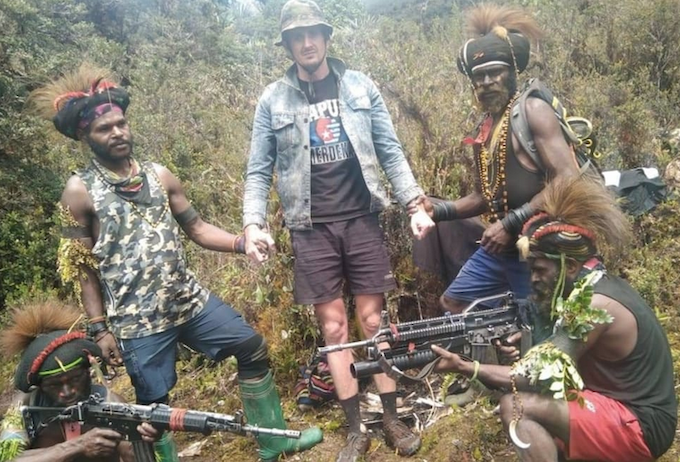
ANALYSIS: By Damien Kingsbury, Deakin University
New Zealand pilot Phillip Mehrtens has now been held hostage in West Papua for four months. Stalled attempts to negotiate his release, and an unsuccessful Indonesian military rescue attempt, suggest a confused picture behind the scenes.
Members of the West Papua National Liberation Army (TPNPB) kidnapped Mehrtens on February 7, demanding Indonesia recognise West Papua’s independence.
The Nduga regency, where Mehrtens was taken and his plane burnt, is known for pro-independence attacks and military reprisals.
- READ MORE: Two countries, two kidnappings – Port Moresby shows Jakarta how it’s done with 3 PNG hostages freed
- The NZ pilot held hostage in West Papua is the pawn in a conflict only real international engagement can resolve
- How the world failed West Papua in its campaign for independence
- Other West Papua reports
New Zealand’s Ministry of Foreign Affairs and Trade has said: “We’re doing everything we can to secure a peaceful resolution and Mr Mehrtens’ safe release, including working closely with the Indonesian authorities and deploying New Zealand consular staff.”
Meanwhile, the Indonesian military (TNI) has continued its military operation to hunt down the TPNPB — including by bombing from aircraft, according to Mehrtens in one of several “proof of life” videos released by the TPNPB.
Early negotiations
From late February, I was authorised by the TPNPB to act as an intermediary with the New Zealand government. This was based on having previously worked with pro-independence West Papuan groups and was confirmed in a video from the TPNPB to the New Zealand government.
In this capacity, I communicated regularly with a New Zealand Police hostage negotiator, including when the TPNPB changed its demands.
The TPNPB had initially said it would kill Mehrtens unless Indonesia recognised West Papua’s independence. But, after agreeing to negotiate, the TPNPB said it would save Mehrtens’ life while seeking to extract concessions from the New Zealand government.
Its current position is that New Zealand stop its citizens from working in or travelling to West Papua, and also cease military support for Indonesia.
In late May, however, frustrated by the lack of response, the TPNPB again said it would kill Mehrtens if talks were not forthcoming.
My involvement with the New Zealand government ended when I was told the government had decided to use another channel of communication with the group. As events have unfolded, my understanding is that the TPNPB did not accept this change of communication channels.
West Papua rebels threaten to shoot New Zealand pilot if independence talks denied https://t.co/03CakUChHu
— The Guardian (@guardian) May 27, 2023
Latest in a long struggle
The TPNPB is led by Egianus Kogeya, son of Daniel Yudas Kogeya, who was killed by Indonesian soldiers in an operation to rescue hostages taken in 1996. The TPNPB is one of a small number of armed pro-independence groups in West Papua, each aligned with a faction of the Free West Papua movement.
The West Papua independence movement grew out of Dutch plans to give West Papua independence. Indonesia argued that Indonesia should be the successor to the Dutch East Indies in its entirety, and in 1963 assumed administration of West Papua with US backing. It formally incorporated West Papua in 1969, after 1035 village leaders were forced at gunpoint to vote for inclusion in Indonesia.
As a result of Indonesians moving to this “frontier”, more than 40 percent of West Papua’s population is now non-Melanesian. West Papuans, meanwhile, are second-class citizens in their own land.
Despite the territory having Indonesia’s richest economic output, West Papuans have among the worst infant mortality, average life expectancy, nutrition, literacy and income in Indonesia.
Critically, freedom of speech is also limited, human rights violations continue unabated, and the political process is riven by corruption, vote buying and violence. As a consequence, West Papua’s independence movement continues.
There have been a number of mostly small military actions and kidnappings highlighting West Papua’s claim for independence.
“Flag-raising” ceremonies and street protests have been used to encourage a sense of unity around the independence struggle.
These have resulted in attacks by the Indonesian military (TNI) and police, leading to killings, disappearances, torture and imprisonment. Human rights advocates suggest hundreds of thousands have died as a result of West Papua’s incorporation into Indonesia.
Illustrating the escalating conflict, in 2018 the TPNPB kidnapped and killed more than 20 Indonesian workers building a road through the Nduga regency. It has also killed a number of Indonesian soldiers, including some of those hunting for Mehrtens.
#OPM leader calls on Biden to take proactive role in ending West Papuan ‘holocaust’ #CafePacific #AsiaPacificReport #WestPapua #HumanRights #JoeBiden #openletter @westpapuamedia @westpapuanews @PNGAttitude @Scott_Waide @EveningReportNZ https://t.co/pPFHveH79i pic.twitter.com/T5JPmndGzD
— David Robie (@DavidRobie) May 16, 2023
Negotiations stalled
TPNPB spokesperson Sebby Sambom has said foreigners were legitimate targets because their governments support Indonesia. Despite Kogeya’s initial claim that Mehrtens would be killed if demands were not met, Sambom and TPNPB diplomatic officer Akouboo Amadus Douw had responded positively to the idea of negotiation for his release.
Since talks broke down, however, the TPNPB has said there would be no further proof-of-life videos of Mehrtens. With the TPNPB’s late May statement that Mehrtens would be killed if New Zealand did not negotiate, his kidnapping seems to have reached a stalemate.
The TPNPB has told me it is concerned that New Zealand may be prioritising its relationship with Indonesia over Mehrtens and has been stalling while the TNI resolves the situation militarily.
At this stage, however, Mehrtens can still be safely released. But it will likely require the New Zealand government to make some concessions in response to the TPNPB’s demands.
Meanwhile, the drivers of the conflict remain. Indonesia continues to use military force to try to crush what is essentially a political problem.
And, while the TPNPB and other pro-independence groups still hope to remove Indonesia from West Papua, they feel they have run out of options other than to fight and to take hostages.![]()
Dr Damien Kingsbury is emeritus professor, School of Humanities and Social Sciences, Deakin University. This article is republished from The Conversation under a Creative Commons licence. Read the original article.


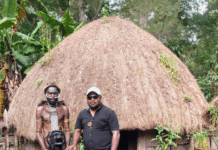
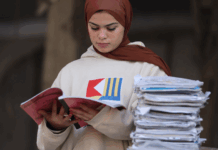
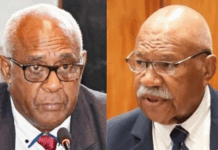
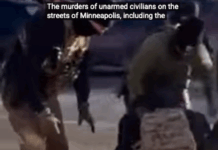
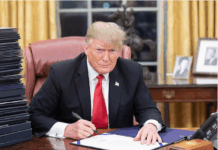

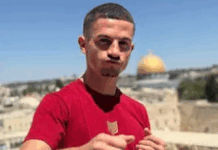




















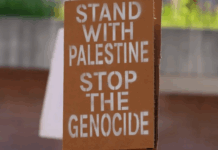
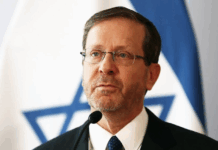




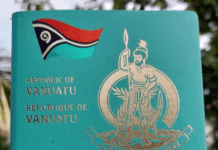










For academics and the New Zealand Government not to support the West Papua National Liberation Army is for academics and the NZG to support the Indonesian genocide of over 500,000 murdered West Papuans. For this article by Damien Kingsbury of Deakin University not to mention the murdered 500,000 West Papuans by Indonesia is for him to also whitewash the West Papuan holocaust. Evil is not to be negotiated with, it is to be stood up to.
Comments are closed.